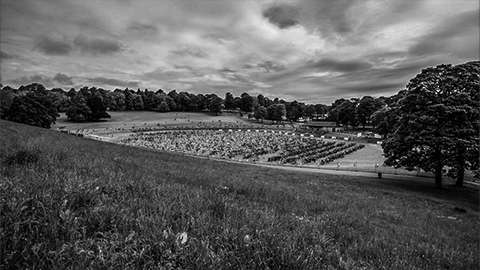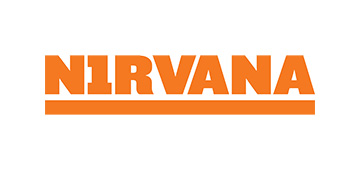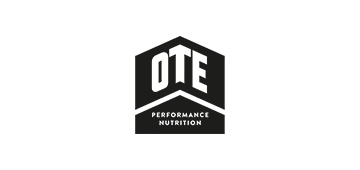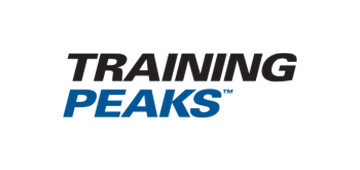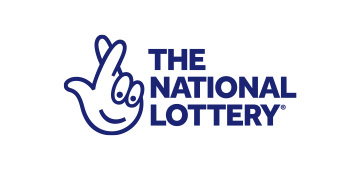Remaining in education is by far the most popular route that most athletes choose in our Pathway.
This page aims to support you in exploring this option and also links you to dedicated pages on Balancing Study and Distance Learning.
Balancing sport and study
Balancing sport and study is a challenge for most triathletes. Please visit our separate page on this here to listen to interviews with double Olympic Champion Alistair Brownlee and former World Class Programme athlete Todd Leckie reflecting on their experiences here and to find out more about balancing sport and study along with some other considerations. You may also want to read this piece on the TASS (Talented Athlete Support Scheme) website in regards to how international athletes balance this challenge.
Study Options
Full time degree courses are by far the most common choice and these can easily be researched via the above referenced websites. However, distance learning might provide you with another option - please view our page on this here. Most Universities will also consider some level of flexible learning, for most student athletes this tends to be splitting the final year, but other options can be discussed.
For those not wanting to go to university, or possibly take time out of full time study, further education is an option. Choices and options here are even more endless than at degree level and we couldn’t possibly list everything. Popular choices here for athletes normally relate to qualifications that help the athlete into flexible part time work e.g. gym instructing, personal training, massage therapy but could also be as diverse as learning a new language or doing an access course to a degree.
Find out more
You can chose from over 50,000 available higher education courses and we will leave it to the individual institutions and specialist websites to list these and hope that the following links may prove useful.
UCAS
The Universities and Colleges Admissions Service (UCAS), is a really good place to start and they have all sorts of useful information – we would suggest the following as a starter
- Why chose higher education? – a short page on some of the benefits of higher education with links off
- What and where to study – this includes subject guides, entry requirements, choosing a course and much more
- Applying to university - all the info you need to put together your best application
- Create your UCAS hub – your one storage point for everything you learn on the UCAS or related websites. It also includes the Explore Tool (an easy way to filter uni search options), key dates/deadlines, a UCAS tarrif points calculator and FAQ’s
- What are my options? - a page with links off that might help if you are unsure about what you want to do
Studying in Scotland
Degrees in Scotland, in the main, last for four years, and the cost of studying for a degree depends on where you live. For Scottish students tuition fees are paid for by the Scottish government, English and Welsh students on the other hand will need to pay for their own tuition fees. However, non-Scottish students are able to apply for an Honours Scholarship which covers the full costs of fees for the fourth year of study.
For more on tuition fees look here, and you can find out information on scholarships at Stirling University for non-Scottish students here. For those looking to study elsewhere in Scotland, other Uni’s offer similar schemes.
icould.com
icould.com is a website that uses the power of personal stories to inform and inspire young people’s career choices. They have loads of useful information including:
Eight questions to decide if university is your next step.
Which?
The market leading company best known for product reviews has, working closely with UCAS, developed dedicated webpages given over to finding and comparing the best university and degree courses- this includes what to study, where to go and the advice needed to support informed decision making.
Their site also includes
- Personal statement advice
- Student budget calculator
- Advice for students from Year 9 through to Year 13 and from undergraduate to graduate to post graduate on all sorts of relevant issues
- Videos on all sorts of relevant topics (scroll down the page)


